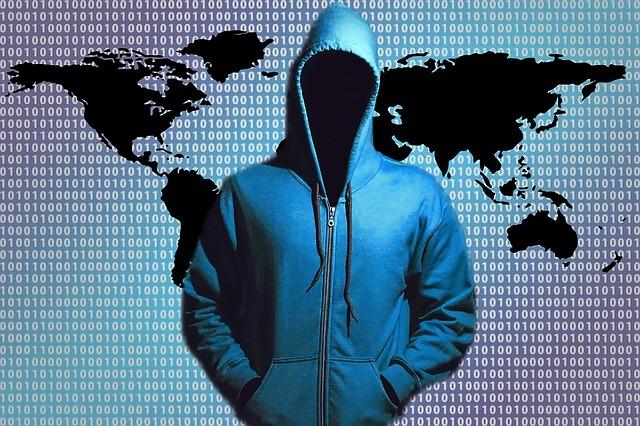French Government Websites Crippled in DDoS Attack
Several French governmental organizations have experienced cyberattacks of unprecedented intensity, as reported by the country’s Prime Minister’s office on March 11th. These attacks commenced on the evening of March 10th, and while their exact nature remains unspecified, they are presumed to be Distributed Denial of Service (DDoS) attacks.
The French government highlighted that the attacks employed well-known technical methods, yet the intensity of these assaults was unparalleled. DDoS attacks, by design, do not permit the malefactors to steal information but can obstruct access to network resources by overloading servers with spurious requests.
Such incidents are occasionally linked to state-sponsored groups; however, the simplicity of execution means that any malefactor, even those with limited hardware resources, can carry out such an attack.

The French government has refrained from speculating about the origins of these attacks, leaving the true identity of the digital assailants unknown.
Nonetheless, the hacktivist group Anonymous Sudan quickly claimed responsibility, announcing in their Telegram channel that they had conducted a massive cyberattack poised to inflict substantial damage across various governmental sectors, including critical websites and their subdomains.
Anonymous Sudan is a well-known hacktivist organization that, in the past year, has launched numerous DDoS attacks on websites in countries such as Sweden, Denmark, and Israel, largely in response to their perceived anti-Muslim stance on certain issues.
DDoS attacks involve using one computer or a network of computers to send a flood of requests to a target system, thereby limiting its ability to respond to legitimate users.
The attacks reportedly targeted several government services, though it remains unclear if they were confined solely to the publicly accessible sites of the French government.
The French government’s statement also noted that experts promptly implemented measures to mitigate the impact, significantly reducing the effect on most services and eventually fully restoring access.





